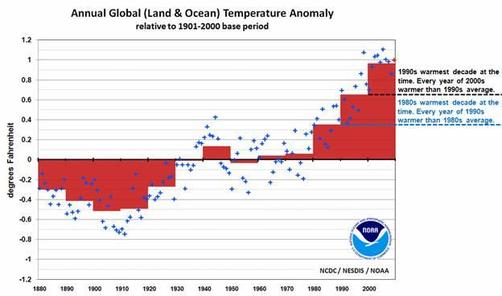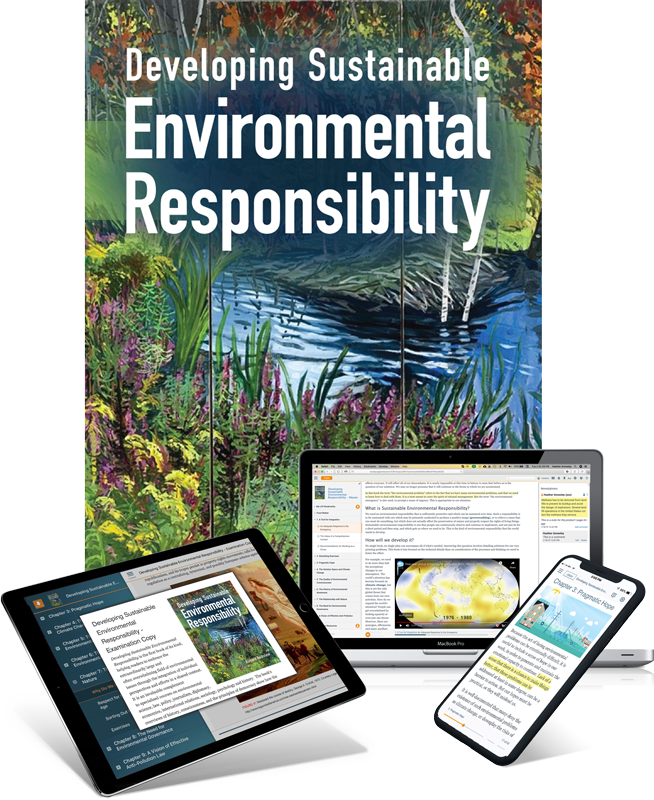Activity, Sustainability Policy
Chart produced by EPA explaining its denial of petitions to reverse its finding that the emission of greenhouse gases endangers the public. A notice on the site reads: " This website is historical material reflecting the EPA website as it existed on January 19, 2017. This website is no longer updated and links to external websites and some internal pages may not work"
For a new course I created in Boston University's Department of Earth and Environment, students perform research tasks for environmental agencies and organizations. (www.bu.edu/rccp). Staff at the Department of Environmental Protection asked us to look at the use of community solar - when you have a share in a solar installation that is not on your roof - to see if a revenue stream could be generated that would be used to benefit low-income neighbors and continue cleanup of contaminated sites that are not getting cleaned up. In researching what has taken place we talked to legislative staff who asked us to develop proposals for fostering such activity. This was a wonderful result of simply asking questions about something that ought be happening.
Students also investigated the use of community choice aggregation, (CCA), in which a town creates for its citizens through bulk purchasing the choice of cheaper energy that larger companies have enjoyed for years, making more affordable the choices for cleaner energy, which the town researches and makes available. Both methods are ways for people who have not participated in the clean energy revolution to do so. They allow people to exercise their choice - which polls show most people have made, in terms of preference, for cleaner energy.
One-third of the cities in Massachusetts have implemented CCA because of a state law that makes it easier to do. Some of them are using it to promote local clean energy development, which helps the economy of the region. But there are two other pieces needed, at least, for communities to really have their choice. The grid needs to be remade for the two-way movement of power that is necessary when your power sources are no longer just big power plants but generation that is distributed in many places. The other is that the market needs to support, not inhibit, the transition to the newer system. The vision of a world in which electric cars act as batteries, everyone can have membership in a solar project if they can't have one on their roof, and everyone can effect their choice for cleaner local energy as their source is technically feasible. The governance structure must now be modified to ensure that the incentives are in place and remain there to protect the public interest in rapid development of the cleaner energy future we can have.
One-third of the cities in Massachusetts have implemented CCA because of a state law that makes it easier to do. Some of them are using it to promote local clean energy development, which helps the economy of the region. But there are two other pieces needed, at least, for communities to really have their choice. The grid needs to be remade for the two-way movement of power that is necessary when your power sources are no longer just big power plants but generation that is distributed in many places. The other is that the market needs to support, not inhibit, the transition to the newer system. The vision of a world in which electric cars act as batteries, everyone can have membership in a solar project if they can't have one on their roof, and everyone can effect their choice for cleaner local energy as their source is technically feasible. The governance structure must now be modified to ensure that the incentives are in place and remain there to protect the public interest in rapid development of the cleaner energy future we can have.
Question: who is providing the vision of how the electrical system should be transformed? The Rocky Mountain Institute, the Acadia Center, the Clean Energy Collective, Green Mountain Energy, Mass Energy Consumer Alliance and many others provide examples of how it can be done in theory and practice. But not enough people are talking about the possibilities. The environmental citizen who becomes familiar with these new ideas and businesses will be more effective in changing the existing paradigm of centralized power to an energy system whose economic - as well as environmental - benefits are widely shared. Task: Find more visionaries and discuss!

 RSS Feed
RSS Feed

